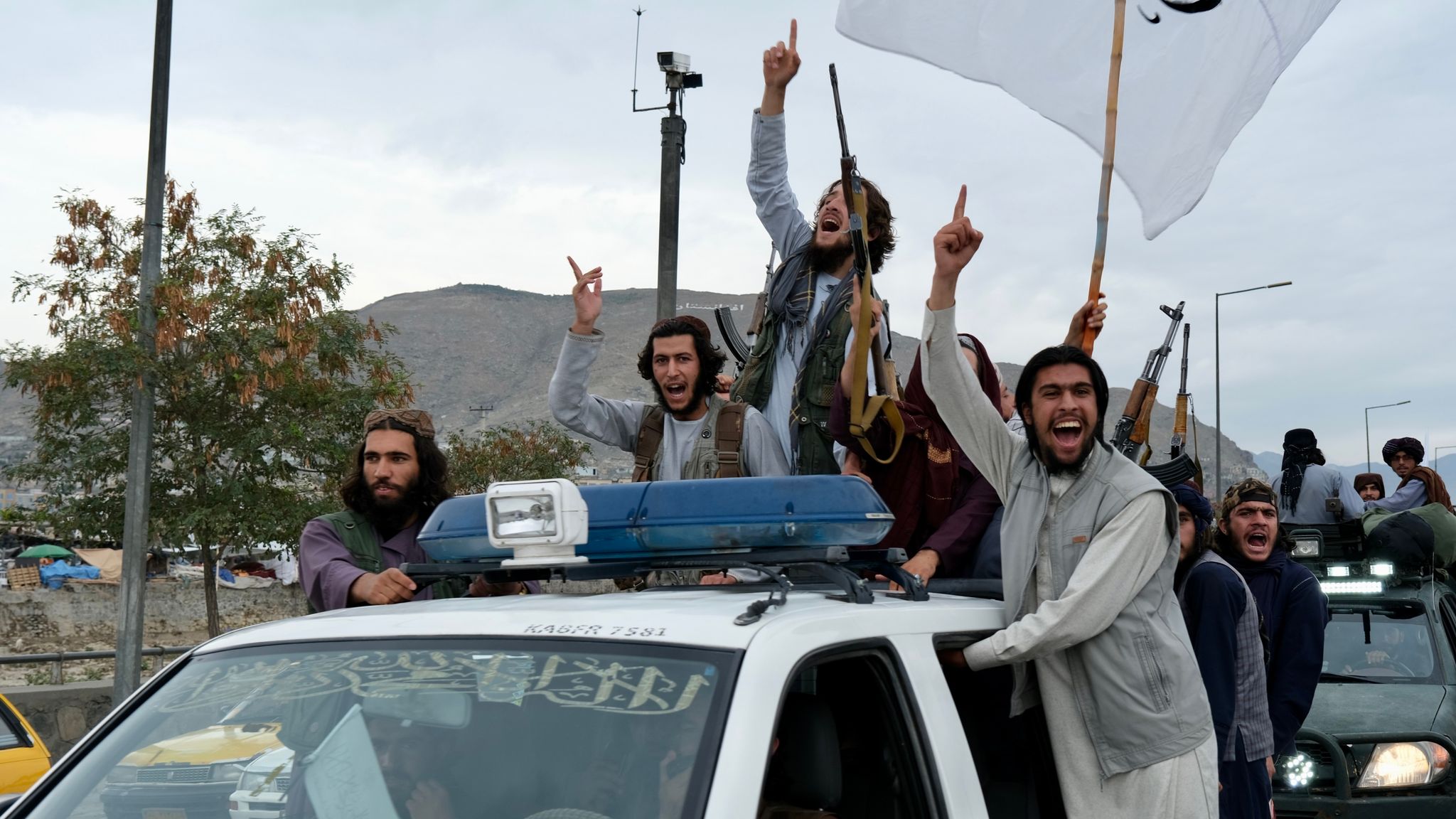Editorial cartoonists Ted Rall and Scott Stantis are in a glum mood following the Gannett newspaper chain’s decision to fire/lay off/buy out their colleague Andy Marlette, marking another milestone in the media’s war against political cartooning. First, however, Rall and Stantis discuss the evolving prospects for the midterm elections in light of the increasing impact of the Dodds decision overturning abortion rights, Hunter Biden’s laptop and what’s on it and why corporate media still refuses to talk about it.


